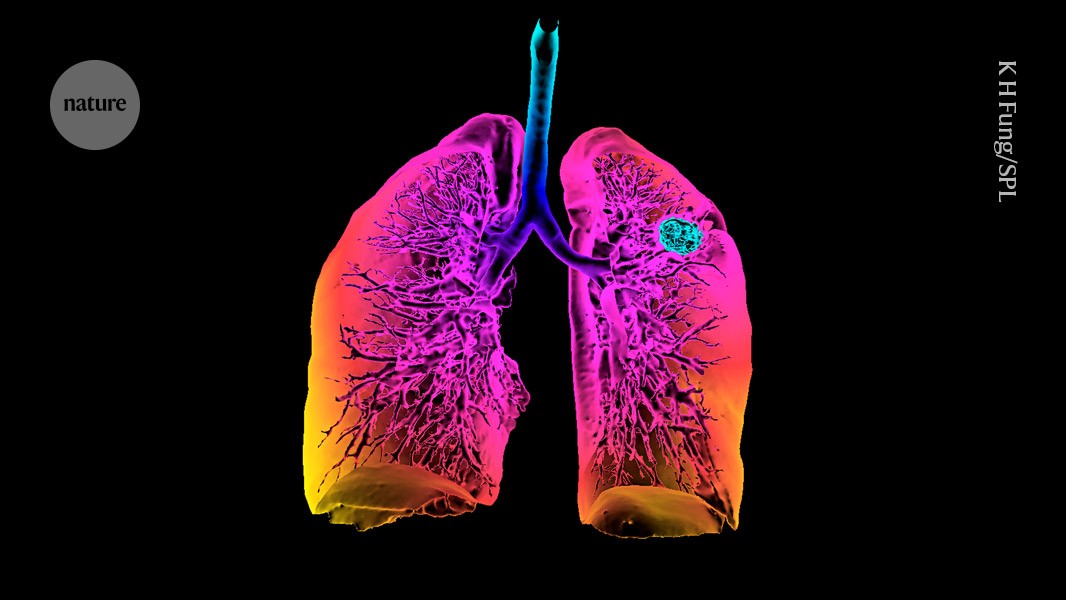
"Their study, which has been cited almost 10,000 times, was made possible by a US$57-million National Institutes of Health (NIH) grant that funded a research institute at the University of California, Los Angeles (UCLA). Without that grant, "we would not be able to identify what is still today the largest single way of reducing deaths from lung cancer", says lead author Denise Aberle, a radiology researcher at UCLA's David Geffen School of Medicine."
"That's the conclusion of an analysis by reporters and data scientists in the Nature Careers and Nature Index teams. They trained a machine-learning model on existing NIH grants that have been cancelled since Donald Trump began his second presidential term and applied it to previously awarded NIH grants, to see which ones would have been at risk of cancellation. The grant that funded the lung-cancer-screening study was among those at risk."
In 2011, researchers found CT scans improved lung-cancer detection versus radiography and reduced deaths by one-fifth. The trial was enabled by a US$57-million NIH grant that funded a UCLA research institute. A machine-learning model trained on NIH grants cancelled since Donald Trump's second presidential term flagged previously awarded grants that would be at risk, and identified the lung‑screening grant as vulnerable. Some 5,000 grants worth about $4.5 billion have been frozen or cancelled. Lawsuits attempt reinstatement but face uphill battles. Government spending priorities can redirect funds, yet abrupt, unconsulted cuts risk eliminating work with large societal and economic benefits.
Read at Nature
Unable to calculate read time
Collection
[
|
...
]